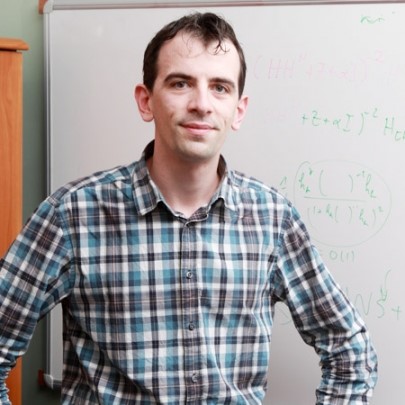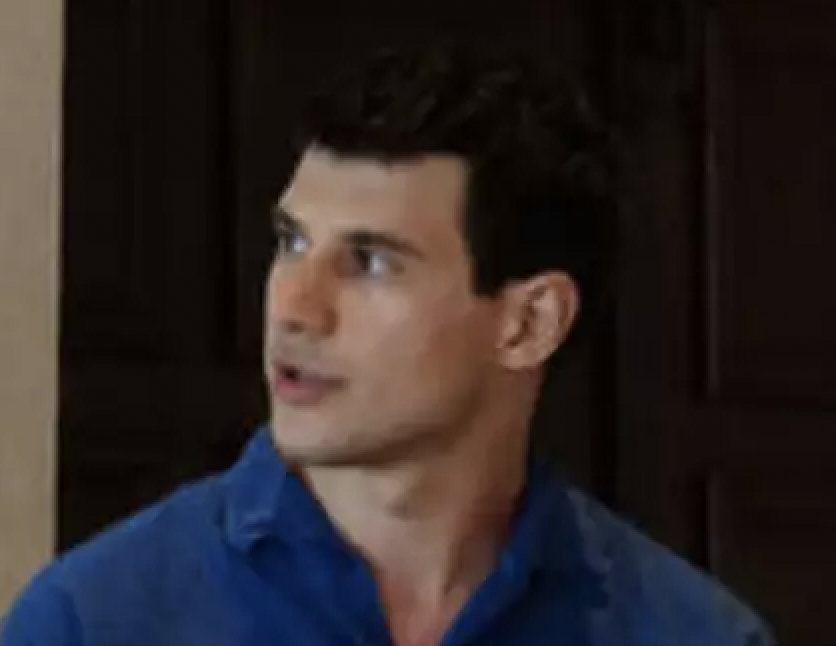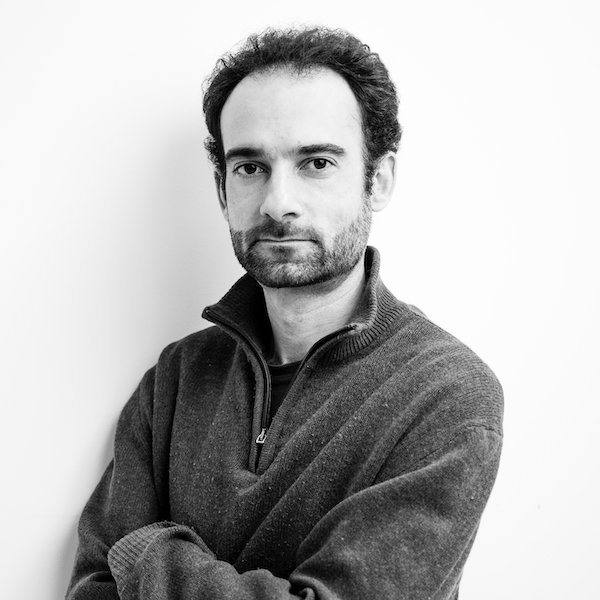
Tina Klüwer (Science of Intelligence), AI Director Science & Startups
On ZoomThrough a talk followed by a discussion and Q&A, AI Director at Science & Startups Tina Klüwer will explore the joint programmes and resources offered by Berlin's universities to those wishing to successfully start and develop a company, also explaining what support is available. BIO: Dr. Tina Klüwer is a recognized expert, manager and technical















